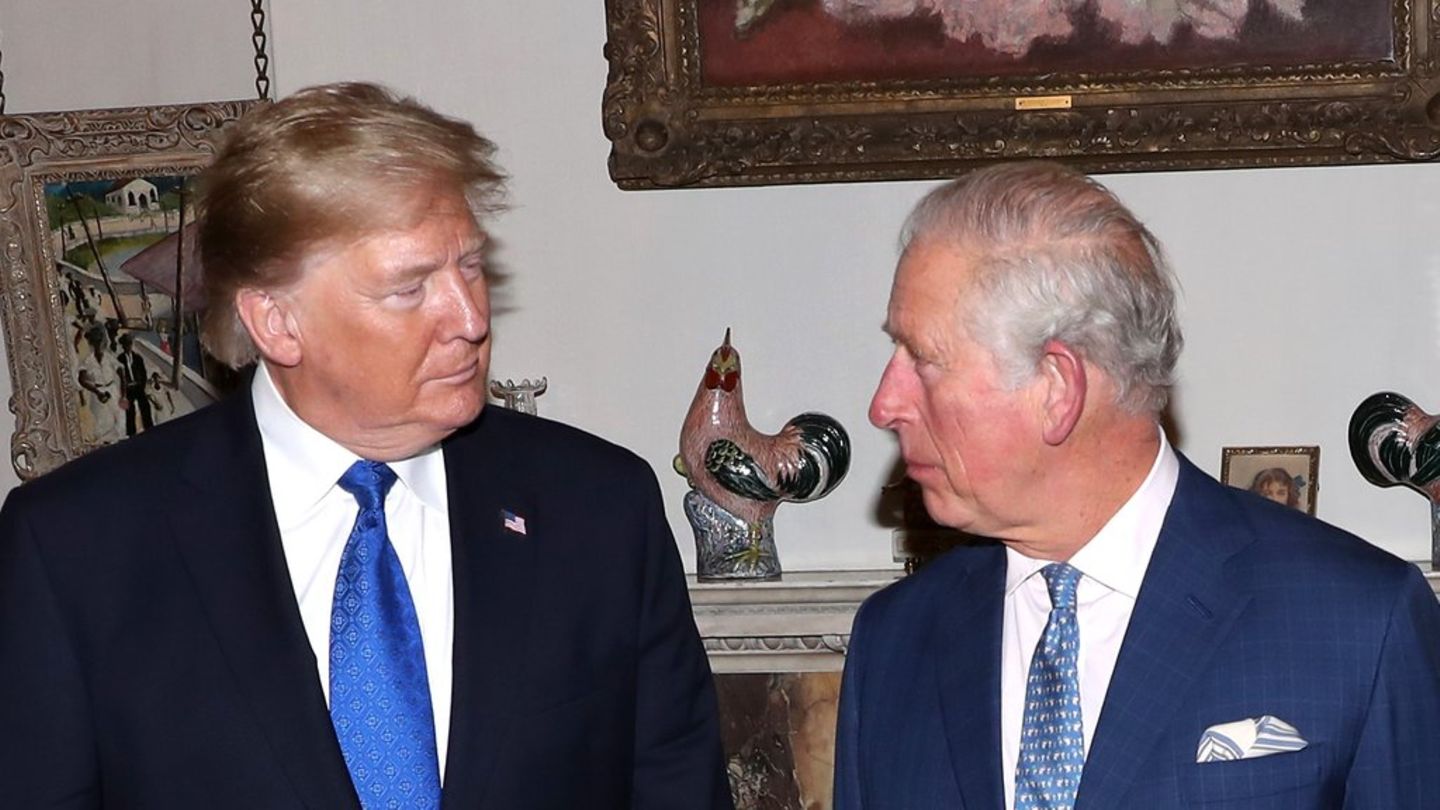The new federal government is not yet in place, but one of the first tasks is likely to be to decide on the appointment of a new head to the Bundesbank. There are signs of differences between the FDP and the Greens.
The FDP insists on maintaining the current course of the monetary authorities with the upcoming new appointments to the top of the Bundesbank.
Jens Weidmann was a strong central bank chief who saw “the increasing politicization of central banks” as critical as the ultra-loose monetary policy, said financial politician Florian Toncar of the German press agency. “I would like to see a certain continuity in the future.” The CDU demanded on Thursday that Weidmann’s successor must work with the same determination for monetary stability.
The 53-year-old surprisingly announced his resignation on Wednesday after ten years at the top of the Bundesbank. As a member of the Council of the European Central Bank, Weidmann had warned for years against an excessively loose monetary policy, which, according to critics, could lead to higher inflation. The new federal government should decide on a successor.
Question about the post of finance minister
The FDP wants to form the next coalition with the SPD and the Greens and is hoping for the post of finance minister, which has so far been the SPD’s top candidate, Olaf Scholz. The liberals could play an important role because the ministry is likely to have a great deal of influence over the federal government’s proposal. The Federal President is formally responsible for the appointment. FDP leader Christian Lindner had already called on Wednesday: “The Deutsche Bundesbank must continue to advocate a stability-oriented monetary policy in Europe.”
The coalition negotiations of the three potential governing parties begin on Thursday. Green leader Robert Habeck, who has also been brought into play by party colleagues as the new finance minister, praised Weidmann for his great commitment. At the same time, he spoke in the “Süddeutsche Zeitung” of “differences in content” and demanded: “For the future, we need a Bundesbank that can respond to the challenges of the time.”
Resignation of Weidmann’s “fatal signal”
Union parliamentary group vice-chief Carsten Linnemann described Weidmann’s resignation as a “fatal signal” in what was already a fragile phase in monetary policy. «Weidmann was less and less able to assert itself against the ECB, which was geared towards monetary expansion. This course contributes to the currently rising prices, »said Linnemann of the dpa.
In September, the rate of price increases in Germany to 4.1 percent, the highest level since December 1993. Higher inflation means that consumers’ money is depreciating more quickly. According to their own words, leading ECB representatives assume that the accelerated inflation will pass. The monetary authorities are actually aiming for an annual rate of 2 percent.
The Bundesbank President has a say in monetary policy in the ECB Council. With his criticism of the ultra-loose course, Weidmann is the representative of a minority on the committee.
Jane Stock is a technology author, who has written for 24 Hours World. She writes about the latest in technology news and trends, and is always on the lookout for new and innovative ways to improve his audience’s experience.




